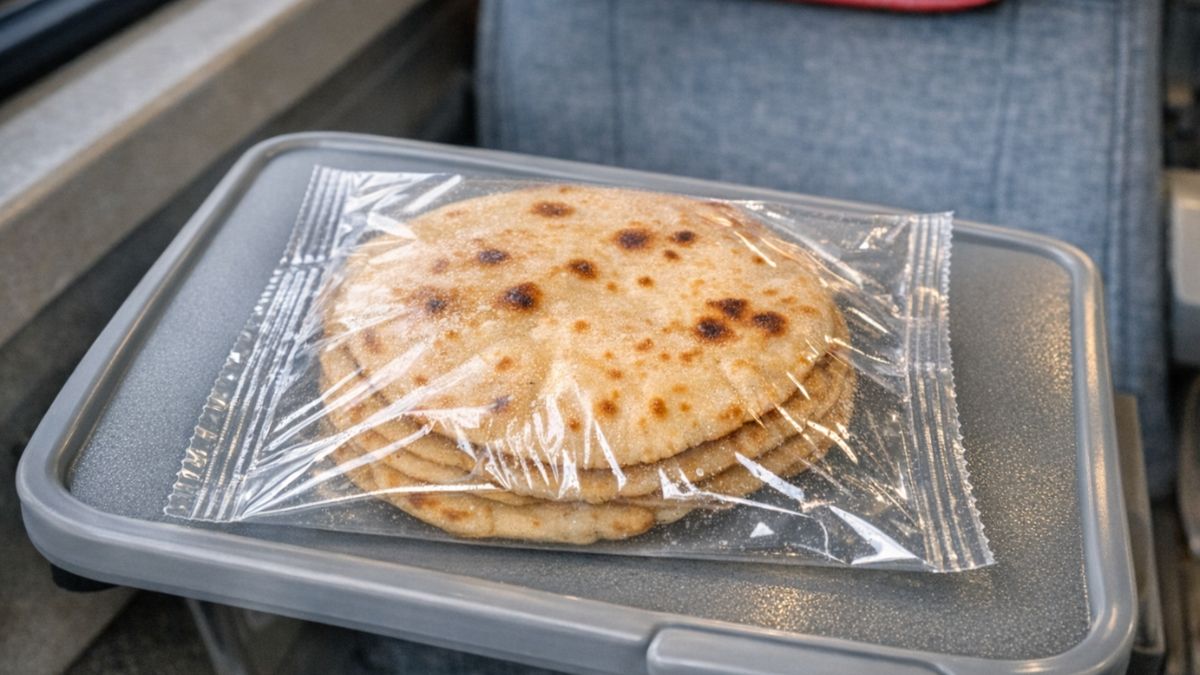Since the mouth's importance in the digestion process is hardly ever paid heed to, people constantly neglect the chewing exercise. Remember our mothers constantly nagging us to chew our food properly rather than just mindlessly gobbling it? Chewing without thinking makes us unconsciously fasten the process, thereby hindering the intricate steps of digestion. The digestive enzymes are not able to break down food particles as efficiently as the teeth and saliva would.
According to Dr. Rupali Datta, Consultant Nutritionist, "there are two primary reasons why chewing your food is important. Firstly, to break down the food and secondly, to mix it well with saliva, which is key to the proper functioning of the digestive processes.(Also Read: 5 Food Combinations That Hinder Digestion)

Chewing without thinking can hamper the process of digestion; Image credit: Istock
Proper Chewing Can Help in Weight Loss
Dr. Rupali further elaborates that the brain takes around 20 minutes to register the fact that the stomach is full. Thus, if people chew fast then they may tend to overeat, as the feeling of satiety post eating comes only after a reasonable amount of time. They continue to eat thinking that they are still hungry, which is not the case. Chewing your food properly ensures that the time duration of the food-intake process is elongated, so that the stomach is not overstuffed with food. Therefore, chewing food properly helps in avoiding overeating.
Slowing down the process of chewing and eating, thus, can also aid in weight reduction. Not only is the amount of food intake kept in check, but the digestion is also smoother and hassle-free. It's best to savour every bite rather than gobbling it up.(Also Read: Why Men Eat Their Meals Quicker Than Women)

Slowing down the process of chewing can aid in weight reduction; Image credit: IstockThe 32 Times Theory
Now comes the question, why 32 times? Why not less, and why not more? The number 32 comes from a person named Horace Fletcher, who was a self-proclaimed diet expert during the 1800's. He conducted certain experiments that illustrated the importance of thorough mastication. According to the lore, chewing 32 times is linked to the number of teeth, once for every tooth. Chewing this many number of times converts the food to a liquid-like substance, which is devoid of any flavour. That is the ideal time to swallow, according to Fletcher.
Though this number is just to etch the importance of chewing into our memory, the fact remains that the process of chewing does have several nutritional, biological, and health benefits. "Nature will castigate those who do not masticate," Fletcher said. However, as eccentric as this may sound, the science behind this myth is rock solid.










